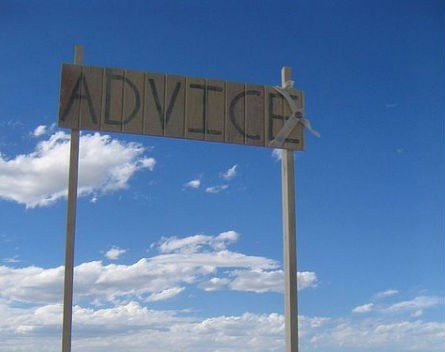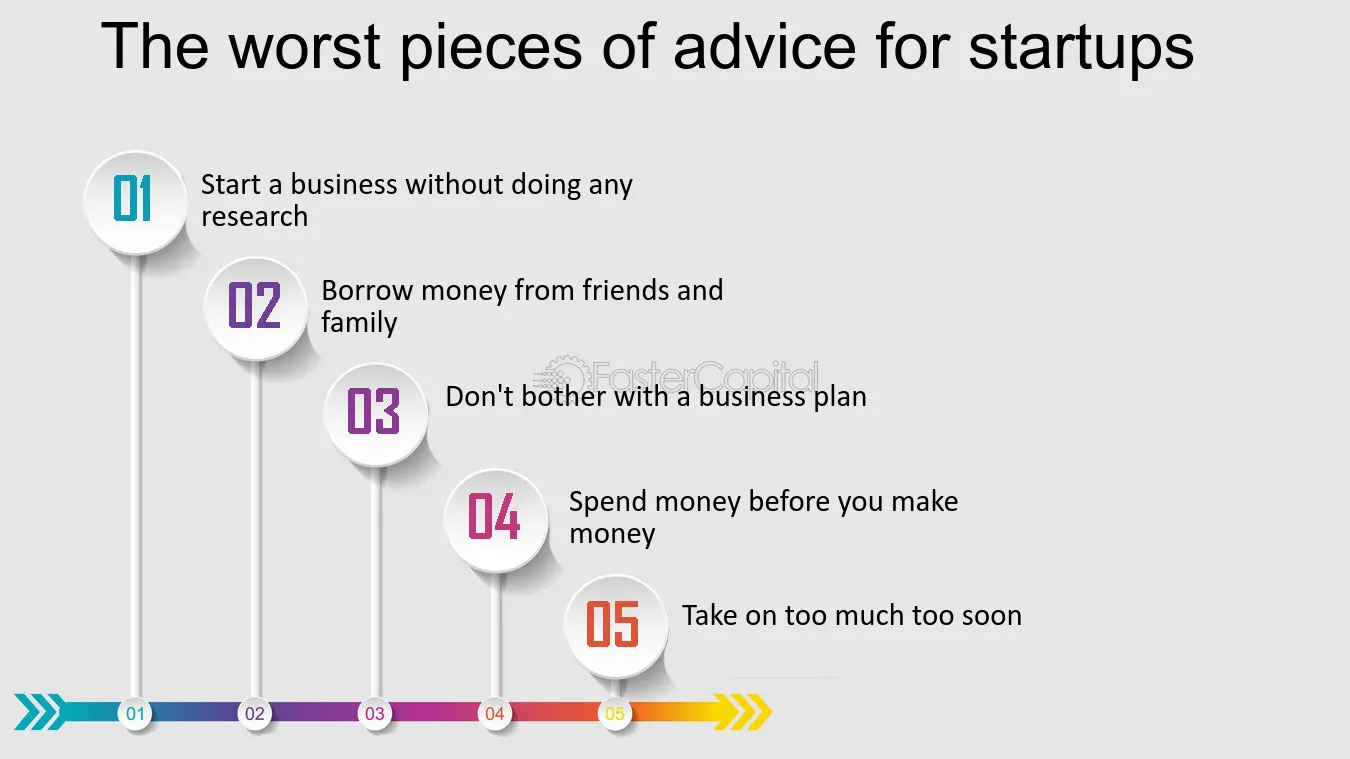The five worst pieces of advice you get as a startup founder – StartupSmart

The startup space is filled with advice – giving advice to a starting entrepreneur is so popular that there’s an entire market built around it.
Bloggers, commentators, business gurus, social media experts and wantpreneurs seem to be obsessed with providing the top 10 tips on pretty much anything.
Sadly, many of the people giving advice to startups have never run companies themselves and don’t refer to any valuable, data-backed sources.
A lot of popular advice is, if not useless, plain wrong and can cause more damage than good.
Here are a few nuggets of “wisdom” that startup founders should think twice about before embracing, if not completely disregard.
1. Just follow your passion
If solving a customer problem or building a business is your passion there’s no problem with this advice. But if you use passion as the only guidance in what business you’re going to start then you might be in trouble.
In his post, “Don’t follow your passion, follow your effort”, Mark Cuban makes this point: “Follow your passion” is easily the worst advice you could ever give or get.
He argues there will always be things we love to do and those passions aren’t worth a nickel.
The real passions come with the effort and progress. When you invest your time in something, you become good at it and with that comes passion and motivation. While passion alone isn’t a good guide, passion combined with skills and the potential to monetise is a killer combination.
2. Persist in your vision and never give up
When taken too literally this piece of advice might be a surefire way to fail. Entrepreneurs often start with an idea, imagine a certain way to execute it and don’t want to give that vision up.
True entrepreneurship is about adaptability – market conditions change and your assumptions can often be wrong. The ability to pivot and embrace secondary plans is crucial. It’s the customer who decides where they are going to spend their money, and no amount of sales can make them repeatedly purchase a product that doesn’t meet their needs.
3. Embrace failure
Failure is not a bad thing – it’s not something to fear. But the entire ‘fail fast and hard’ culture has been taken a bit too far.
There are a number of blog posts where you can see entrepreneurs bragging about how they screwed up and are about to return the money to investors. There are examples of startups that pivoted their way towards bankruptcy.
Be flexible, watch your metrics, and be willing to change the direction based on your data, instead of blindly following your business plan, but don’t give up on progress just because things didn’t work out.
Try to learn from the mistakes of others instead of making them yourself, and find a way to succeed.
There’s plenty of data indicating that success builds upon success, not the other way around.
Be persistent but don’t be stubborn. Stubborn founders persist, despite plentiful evidence that they should not. Persistence is a vital attribute that includes the ability to acknowledge when one has made a mistake and that a new plan of action must take place.
4. Build it and they will come
The majority of startups that failed in recent years thought that too.
When the internet was a new, hot thing in the 1990s, it worked… for a while. Today, people are more distracted than ever before, and are overly cautious when it comes to giving their credit card details to an unknown startup. It turns out that, today, high customer acquisition costs are the number one reason why startups fail.
‘Build it and they will come’ is a mantra of the failed dot-com boom.
While the popular belief may seem to work if you look at startups like Facebook, Dropbox or Instagram, the real reason behind their growth is that they had an excellent user acquisition strategy.
5. You need a patent
Unless you have developed some truly breakthrough technology, you don’t need to waste $50,000 for a patent. Most of your idea will likely change anyway, so if your app is built around an incremental change on something that already exists, a patent will be a waste of your resources.
The best protection is fast execution – that’s what investors want to see the most.
Startup advice you get might be totally wrong. It all could also be 100% right. A lot of advice you get is biased.
Ask for advice, listen to it, but make your own decisions and most importantly keep moving forward.
Mark McDonald is the co-founder and co-CEO Appster, a leading mobile app and product development company with offices in Melbourne and San Francisco.

